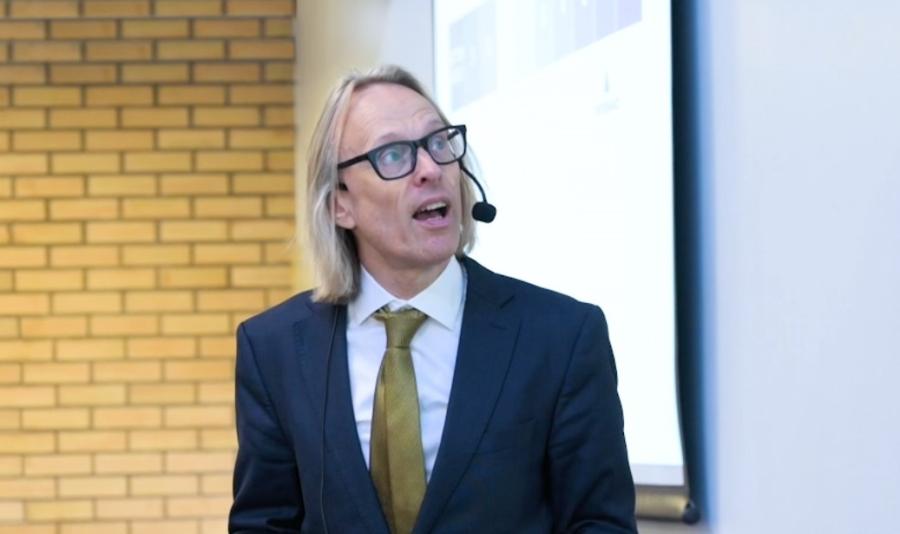Addressing autonomy in weapons systems: Technologists and disarmament groups hand in hand
In the past, engaged collaborations between civil society and politicians brought us international agreements on cluster munitions and anti-personnel mines. As important as these results were, neither these weapons, nor banning them, can be said to be world-changing.
But now the world is facing a technological development of a different calibre. Deep tech is not only disrupting markets, but military balances while putting some stark ethical and moral choices in front of us.
A few times in history technology creates a revolution in warfare. We are at such a time. It is said that today’s arms race is not about nuclear weapons, but artificial intelligence.
In this conversation, a technologist discusses autonomous lethal weapons, sometimes called “killer robots”, with an activist. Do they speak the same language? Do they understand the situation differently? Would they arrive at a common goal? Do they benefit from working together? Are autonomous lethal weapons a good thing or a bad thing? Should they be regulated? How?
The conversation will take place between:
Morten Irgens
Pro-rector Kristiania, Co-founder, Deputy Chair and Director of The Confederation of Laboratories of Artificial Intelligence Research in Europe (CLAIRE),Vice President of The Artificial Intelligence, Data and Robotics Association (Adra), and a Member of the Board of The Norwegian Artificial Intelligence Research Consortium (NORA).
Morten will particularly focus on the what, why, and how of “killer robots”
Lene Grimstad
European coordinator of the Stop Killer Robots-campaign and Member of Board of The Norwegian Peace Association.
Lene will particularly focus on Policy development andEuropean state positions

- Kérjük, jelentkezzen be, ha szeretne észrevételeket közzétenni.

